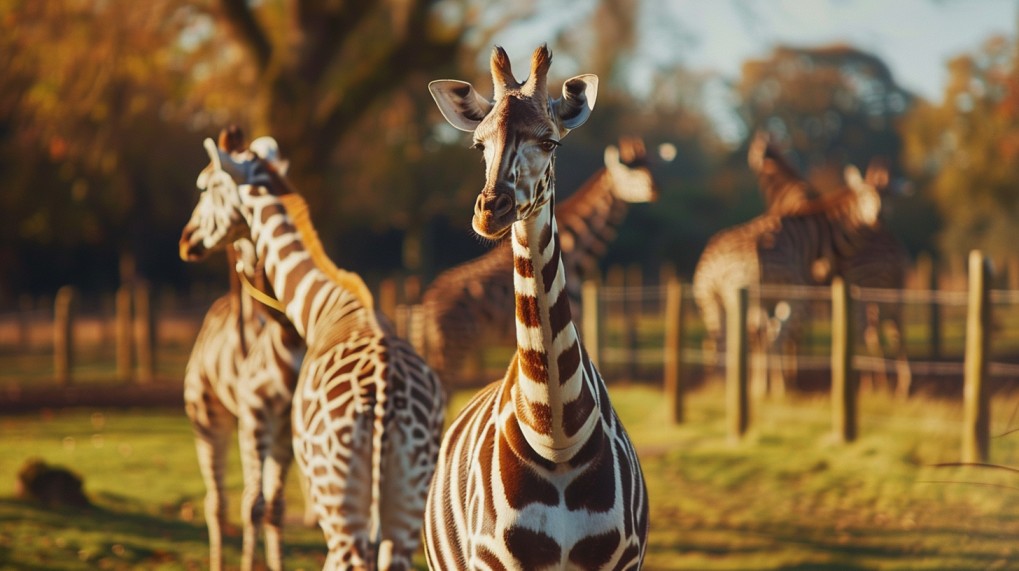West Midlands Safari Park is a renowned wildlife park located in Bewdley, Worcestershire, England, that is home to a diverse array of animals, including those threatened with extinction in the wild. The park takes its conservation obligations seriously and contributes to biodiversity conservation in several ways, including participating in 25 EAZA Ex-Situ Programmes (EEPs) and managing its land to support British wildlife.
Understanding the Park’s Conservation Efforts
West Midlands Safari Park is actively involved in conservation efforts to protect endangered species. The park participates in 25 EAZA Ex-Situ Programmes (EEPs), which are well-managed conservation breeding programmes for threatened species. These programmes involve the movement of animals between wildlife parks to ensure genetic diversity and act as back-ups to wild populations.
The park also manages its land in a way that respects nature, creating areas filled with wildflowers, grasses, and native trees throughout the site to support British wildlife. Additionally, a portion of the park is part of the Devil’s Spittleful Site of Special Scientific Interest (SSSI), which is home to rare heathland habitats and species. The park actively works to clear scrub and remove invasive plants, encouraging the return of heathland plants, insects, reptiles, and birds.
Animal Welfare Concerns and Safety Measures

While West Midlands Safari Park has received mixed reviews regarding animal welfare, the park has implemented various safety measures to protect both animals and visitors. Some visitors have expressed concerns about animal welfare, while others have noted that the animals appear happy and healthy.
To address these concerns, the park has implemented the following safety measures:
- Prohibiting touching or feeding certain animals
- Requiring windows to be half-shut or shut completely when near carnivores or when near a camel or zebra
These measures are in place to ensure the safety of both the animals and the visitors, as well as to maintain the animals’ well-being.
Research and Conservation
West Midlands Safari Park’s research mission is to facilitate and initiate research that contributes to species’ conservation and the welfare of animals in their care. The park’s internal researchers, keepers, external researchers, and research students all contribute to answering pressing questions about the park’s animals and site.
This research helps the park to better understand the needs of the animals in their care and to implement strategies that promote their well-being and conservation.
Visitor Experiences and Feedback
While some visitors have expressed concerns about animal welfare at West Midlands Safari Park, others have noted that the animals appear happy and healthy. The park’s commitment to conservation and animal welfare is evident in its participation in EAZA Ex-Situ Programmes and its management of the land to support British wildlife.
Visitors are advised to adhere to the park’s safety measures to protect both animals and themselves, and to enjoy the unique opportunity to observe a diverse array of wildlife in a natural setting.
Conclusion
West Midlands Safari Park is a wildlife park that takes its conservation obligations seriously, participating in conservation breeding programmes and managing its land to support British wildlife. While there have been some concerns about animal welfare, the park has implemented safety measures to protect both animals and visitors, and its research mission is focused on contributing to species’ conservation and animal welfare.
References:
– Freedom for Animals: Top 5 Reasons Safari Parks Are No Better Than Zoos
– TripAdvisor: West Midland Safari Park Reviews
– West Midlands Safari Park: Research and Conservation
– A Pleasant Chaos: Review of West Midlands Safari Park
– West Midlands Safari Park: Safety

